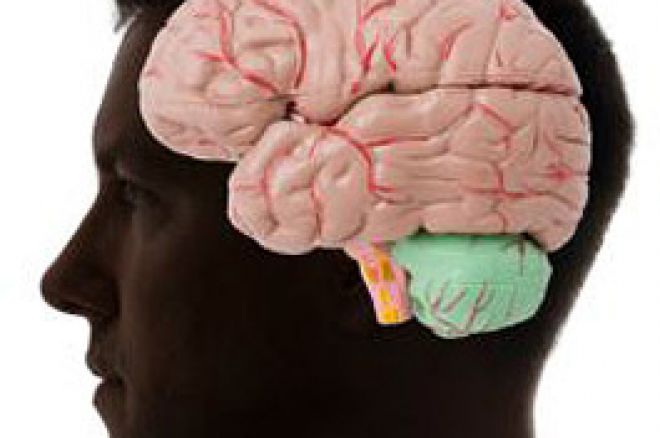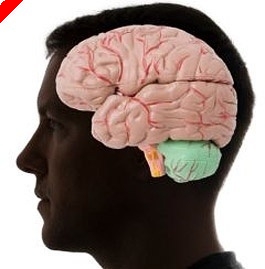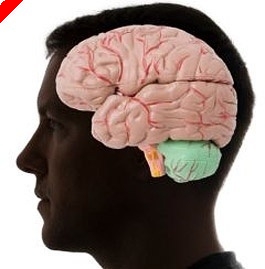The Poker Shrink, Vol 33 - Accommodation and Assimilation

I want to be very precise today with the psychological concepts of accommodation and assimilation. These are similar terms that refer to learning and adjustment. These are very similar concepts, but not the same concept, and to apply them at the poker table you need to understand the subtle difference. First let's take a look at a tournament situation that we all have faced.
You sit down to your table in a deep stack tournament and you know absolutely no one at your table. Before the first card is dealt you are listening to the players talk, you have picked up that seat three is a first time tournament player and that the dealer knows seat five by name and he plays this same tournament every month and usually satellites in. You hear that the event is bigger than usual today because a bowling tournament is in town this weekend and many of the additional poker players are in that group. Seat one is a bowler and says that about thirty of the bowlers are playing and some of them "got their first hold'em lesson this morning from the floor staff." Once the cards are in the air, you begin to add information about all the players at your table, just like any other tournament, correct?
Near the end of the second level there is a monster pot, the bowler in seat one takes down the huge pot and busts a player with a move that seems a lot more sophisticated than you had given seat one credit for. Were you wrong about his skill level? Or did he not even know how good the play was that he just made? You certainly want to watch him more closely to try and figure out if this is an opponent you need to be wary of or just a lucky fish. Then in just a few hands, the floor fills the vacant seat at your table with a monster stack. No one should have that many chips this early in the tournament but there they are, three full racks being put down in seat seven on your immediate right. Well this is going to change everything.
You have two new pieces of information to take in account in your reads of your table but these are very different levels of information that require a slightly different kind of response on your part. The bowler in seat one has presented you with some information that does not quite fit with your picture of him based on his prior play. This is new information you need to "assimilate." The psychological term 'Assimilation' refers to a process of fitting new information into an already existing framework. You might say you want to add information to the database on that player but the new information is contradictory or at least adds a new dimension to seat one's play. You make sense of this new information by referring to already collective information and then make either temporary or permanent adjustments to your read on that player. Seems simple enough.
Now we turn to the monster stack who has just been moved to the table, you have no information on him except, unless he is on one heck of a run of cards, the guy probably can play some poker. On his first hand he comes out raising and takes down the pot and then re-raises an early minimum bet on hand number two. Looks like he knows what to do with a big stack. He is definitely going to affect your game; he is seated on your immediate right, acting before you on almost every hand. But wait! You are not the only player about to be affected by this big stack, the whole table is about to adjust. This means that all of the information and reads you have on the table are about to change because everyone (well at least the good players) are going to adjust to the monster stack. Information you pick up now is going to be different because the table circumstances are different. This is the process of accommodation.
'Accommodation' is process of revising existing perceptions, and understanding so that new information can be incorporated. In order to make sense of some new information, you actual adjust information you already have to make room for this new information. Now, you are not just adding a new byte of information like you did when the seat one player made a move, now all information goes into the new data file labeled: "with a monster stack at the table."
Good players are going to make adjustments to the big stack; they are going to play differently. Bad players are going to do something too; they are going to turn into rocks whenever the big stack plays a hand. Good, attentive players looking to collect more and better reads are going to accommodate the new structure of the table and adjust their reads to take into account the new sheriff in town. Accommodate the new set of circumstances and adjust your reads to pre-monster and post-monster stack categories. Probably when he is not in a hand the "pre" file data will be more beneficial to you and when he is in a hand refer to the "post" file data to adjust your play. Similar but not the same information, just as the processes of 'assimilation' and 'accommodation' are similar but not the same.








